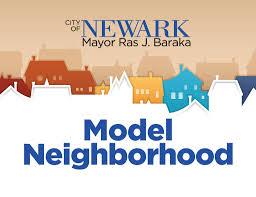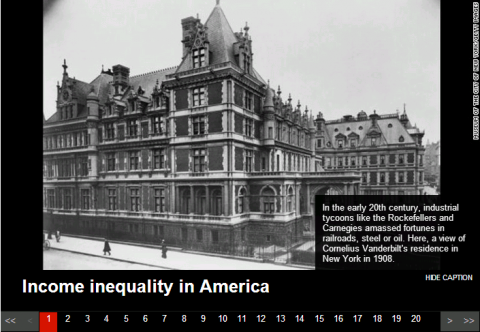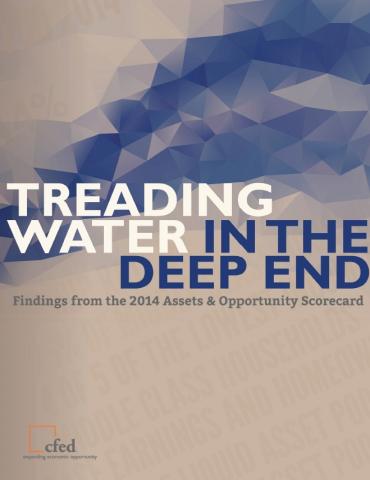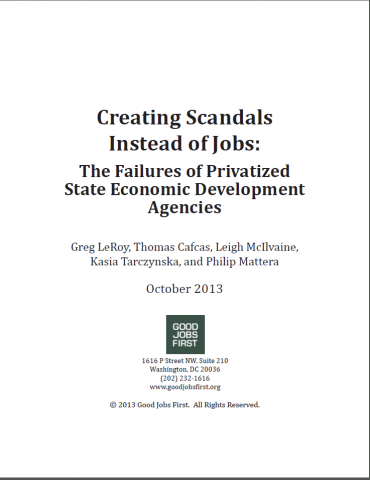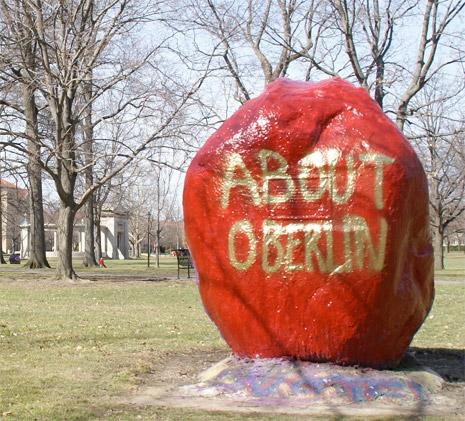Launched in 2014, Austin’s Recycling Economic Development Program aims to attract, retain, and grow zero-waste Austin businesses and entrepreneurs in order to create local jobs and foster a resilient zero-waste ecosystem. The program includes one-on-one business assistance as well as free marketing on its LocallyAustin.org site to companies involved in recycling, repair, and/or reuse. To provide affordable space to such enterprises, the city is also redeveloping 100 acres adjacent to a closed landfill site into an eco-industrial park called the Austin [re]Manufacturing Hub.
